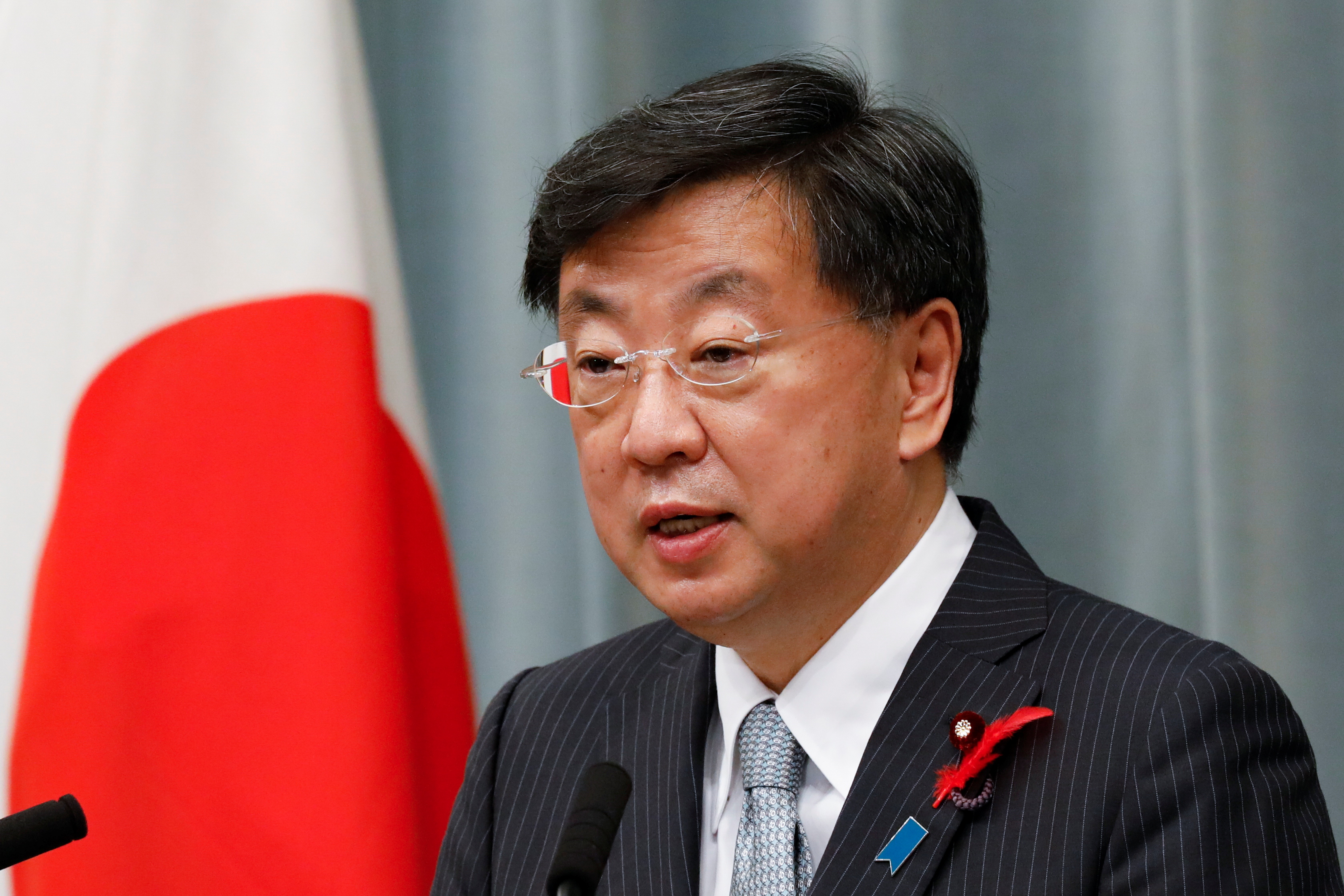Japan is currently working to revise its foreign exchange law to prevent Russia from circumventing Western financial sanctions through cryptocurrency assets, top government officials announced on 28 March.
Hirokazu Matsuno who is the Chief Cabinet Secretary revealed in a press conference that a revised draft of the Foreign Exchange and Foreign Trade Act would be submitted in the ongoing parliament session.
Even the country’s premier Fumio Kishida voiced his support for the law to be amended in a Monday parliament session, where he stressed the need for coordinated moves with Western allies after attending last week’s Group of Seven summit in Belgium.
A finance ministry official told Reuters that discussions are currently in progress about the proposed amendment, but refused to divulge any further details.

Attempting to provide some clarity, Saisuke Sakai, senior economist at Mizuho Research and Technologies said, The revision “presumably enables the government to apply the law to crypto-asset exchanges like banks and oblige them to scrutinize whether their clients are Russian sanction targets.”
Japan has joined its western allies in slapping sanctions
Following the invasion of Ukraine, the Japanese government has imposed asset-freeze sanctions on more than 100 Russian officials, oligarchs, banks, and other institutions. It has also banned high-tech exports and revoked the most-favored-nation trade status for Russia, which calls its actions in Ukraine a “special military operation”.
Japan, a key US ally has been working in tandem with other nations, calling for stricter action on Russia. After G7 raised concerns in a written statement a few weeks ago, Japan immediately urged its crypto exchanges to not process transactions involving digital-assets subject to asset-freeze sanctions against Russia and Belarus.
The East Asian trading platforms which are among the most tightly regulated exchanges in the world grabbed headlines recently when they complied to implement Financial Action Task Force [FATF]’s Travel Rule on April 1. The Travel Rule essentially requires platforms to get rid of anonymity in crypto transactions in an effort to fight money laundering.
As per Japan’s regulator, the Financial Services Agency, the travel rule will improve transparency on the individuals and entities crypto exchanges deal with, as the government seeks to prevent sanctions-busting efforts.

